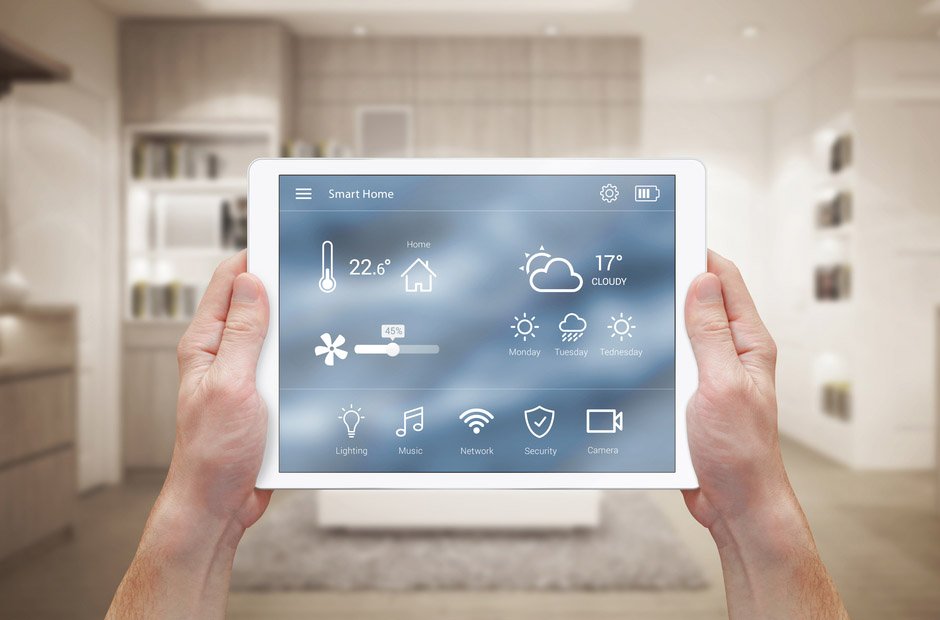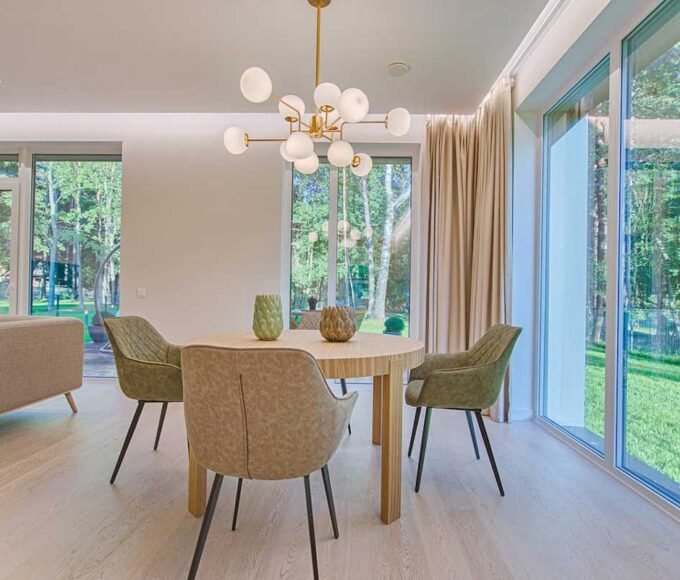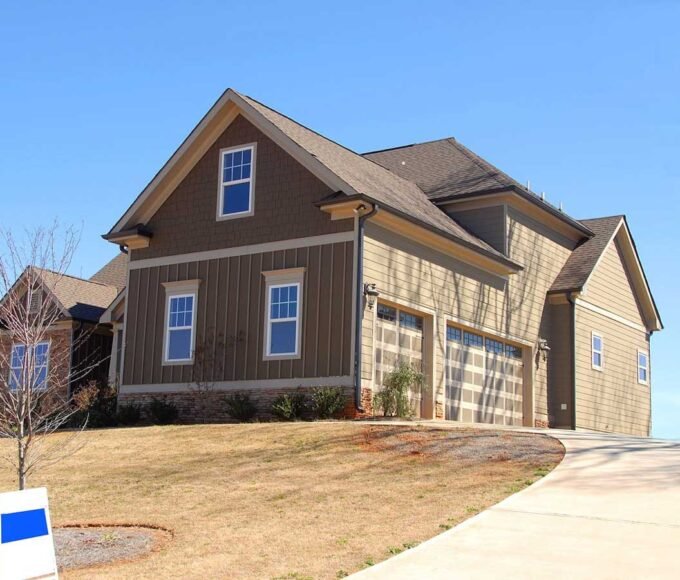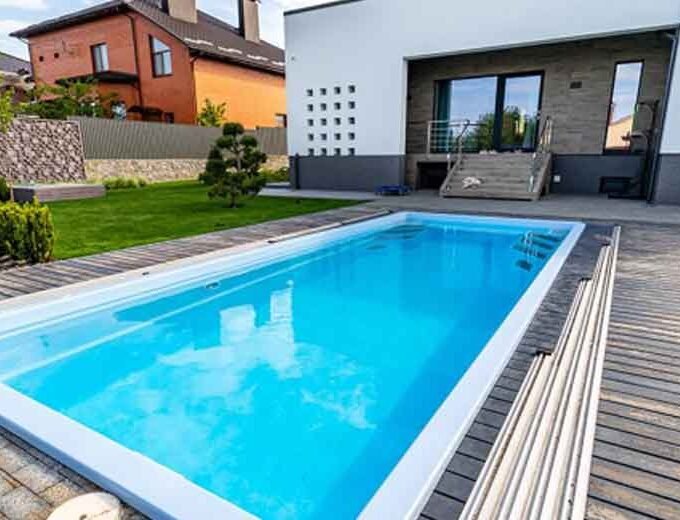The decision to upgrade your HVAC system involves a delicate balance between upfront costs and the long-term savings that come with increased efficiency. Understanding the economics of HVAC upgrades is crucial for homeowners seeking to enhance comfort, reduce energy consumption, and make informed financial decisions.
Weighing the Initial Investment
Improving an HVAC system typically entails an initial financial outlay, which includes acquiring new equipment, covering installation fees, and possibly making changes to the current infrastructure. The cost at the outset may fluctuate depending on factors such as the selected HVAC system, the home’s dimensions, and the intricacy of the installation procedure. Homeowners should consider this expense as a long-term investment in enhanced comfort and energy efficiency.
Government Incentives and Rebates
To encourage energy-efficient practices, many governments offer incentives and rebates for homeowners who invest in high-efficiency HVAC systems. These financial incentives can significantly offset the upfront costs of an upgrade. Researching available programs at the local, state, or federal level can provide homeowners with valuable opportunities to make their HVAC upgrades more economically viable.
Furnace Installation
In the realm of HVAC upgrades, furnace installation stands out as a crucial component, particularly for heating systems. The efficiency and effectiveness of a furnace have a direct impact on both short-term and long-term costs. Upgrading to a modern, energy-efficient furnace not only improves heating performance but also contributes to lower energy bills, making it a strategic investment for homeowners in colder climates.
Consideration of Lifecycle Costs
When evaluating the economics of HVAC upgrades, it’s essential to consider the lifecycle costs beyond the initial investment. Older systems may incur higher maintenance and repair expenses as they age, potentially outweighing the upfront savings of not upgrading. Newer systems, on the other hand, often come with warranties and require less frequent repairs, contributing to a more predictable and cost-effective long-term ownership experience.
The Impact on Home Resale Value
Upgrading an HVAC system can positively impact the resale value of a home. Prospective buyers are increasingly conscious of energy efficiency and overall home comfort. A modern, efficient HVAC system is a compelling selling point that can make a property more attractive in the real estate market. This increased desirability may translate into a higher resale value, further validating the initial investment in the upgrade.
Environmental Considerations
For those homeowners dedicated to eco-friendly living, upgrading their HVAC systems presents a chance to make their homes more in line with sustainable practices. By utilizing energy-efficient systems, they can decrease overall energy usage and reduce the household’s carbon footprint. Opting for green HVAC alternatives not only supports the preservation of the environment but also demonstrates the homeowner’s responsible management of energy resources.
Holistic Home Comfort
While the economics of HVAC upgrades often focus on energy savings, it’s important to recognize the broader benefits in terms of home comfort. Modern HVAC systems offer advanced features such as programmable thermostats, zoning capabilities, and improved air quality control. These enhancements contribute to a more comfortable and healthier living environment, further justifying the upfront investment.
Strategic Timing for HVAC Upgrades
The timing of HVAC upgrades can influence the economic viability of the investment. For example, homeowners may strategically plan upgrades during off-peak seasons when HVAC professionals may offer discounted installation rates. Additionally, scheduling upgrades before an existing system experiences a critical failure can prevent emergency replacements, allowing for more thoughtful decision-making and potential cost savings.
In conclusion, understanding the economics of HVAC upgrades involves a comprehensive assessment of upfront costs, long-term savings, government incentives, and the holistic benefits of enhanced home comfort. While the initial investment may seem significant, the potential for ongoing energy savings, reduced maintenance costs, and increased property value makes HVAC upgrades a financially sound decision for homeowners looking to balance economic considerations with long-term comfort and efficiency.
















